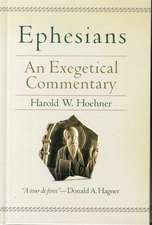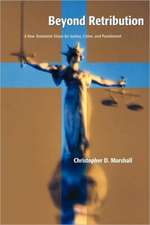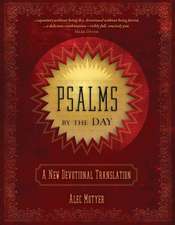The Social Ethos of the Corinthian Correspondence: Interests and Ideology from 1 Corinthians to 1 Clement: Studies of the New Testament and Its World
Autor Prof. David G. Horrellen Limba Engleză Hardback – 31 iul 1996
Preț: 950.38 lei
Preț vechi: 1105.09 lei
-14% Nou
Puncte Express: 1426
Preț estimativ în valută:
181.91€ • 197.66$ • 152.91£
181.91€ • 197.66$ • 152.91£
Carte tipărită la comandă
Livrare economică 21 aprilie-05 mai
Preluare comenzi: 021 569.72.76
Specificații
ISBN-13: 9780567085283
ISBN-10: 0567085287
Pagini: 412
Dimensiuni: 138 x 216 x 28 mm
Greutate: 0.59 kg
Editura: Bloomsbury Publishing
Colecția T&T Clark
Seria Studies of the New Testament and Its World
Locul publicării:London, United Kingdom
ISBN-10: 0567085287
Pagini: 412
Dimensiuni: 138 x 216 x 28 mm
Greutate: 0.59 kg
Editura: Bloomsbury Publishing
Colecția T&T Clark
Seria Studies of the New Testament and Its World
Locul publicării:London, United Kingdom
Recenzii
'A
fine
study'
--Barbara
E.
Bowe,
Catholical
Theological
Union
Chicago,
The
Catholic
Biblical
Quarterly
'I would commend this book to upper level college students... They will discover that this line of approach to Paul is fertile, not futile.' --Ben Witherington III, Themelios
'It is a pleasure to find a study which is theoretically sophisticated and careful in its judgements. David Horrell's revised doctoral thesis could serve as a model to all who find themselves attracted by these new perspectives in biblical study.' --Gregory W. Dawes, University of Otago, New Zealand. Pacifica
'...highly informative and full of interest.'--Margaret E. Thrall, Expository Times
'This book makes a major contribution to the currently fruitful sociological approach to early Christian writings and it should be noted carefully by teachers and students of the New Testament.' --Prof. Leslie Houlden, Theological Book Review
'. . .thorough, focused and has an excellent bibliography.' --John C. Hurd, Trinity College Toronto, Journal of Biblical Literature
"Provides insight for those interested in the social history of the Corinthian community and raises important issues for the wider application of siciological approaches to understanding early Christianity." --Religious Studes Review, July 2001
'I would commend this book to upper level college students... They will discover that this line of approach to Paul is fertile, not futile.' --Ben Witherington III, Themelios
'It is a pleasure to find a study which is theoretically sophisticated and careful in its judgements. David Horrell's revised doctoral thesis could serve as a model to all who find themselves attracted by these new perspectives in biblical study.' --Gregory W. Dawes, University of Otago, New Zealand. Pacifica
'...highly informative and full of interest.'--Margaret E. Thrall, Expository Times
'This book makes a major contribution to the currently fruitful sociological approach to early Christian writings and it should be noted carefully by teachers and students of the New Testament.' --Prof. Leslie Houlden, Theological Book Review
'. . .thorough, focused and has an excellent bibliography.' --John C. Hurd, Trinity College Toronto, Journal of Biblical Literature
"Provides insight for those interested in the social history of the Corinthian community and raises important issues for the wider application of siciological approaches to understanding early Christianity." --Religious Studes Review, July 2001
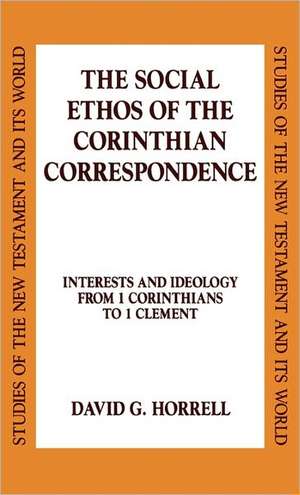









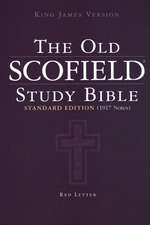

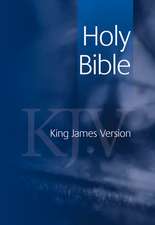

![The Wiersbe Bible Commentary Complete Set [With CDROM]: The Complete Old Testament in One Volume](https://i1.books-express.ro/bt/9780781445412/the-wiersbe-bible-commentary-complete-set-with-cdrom.jpg)

